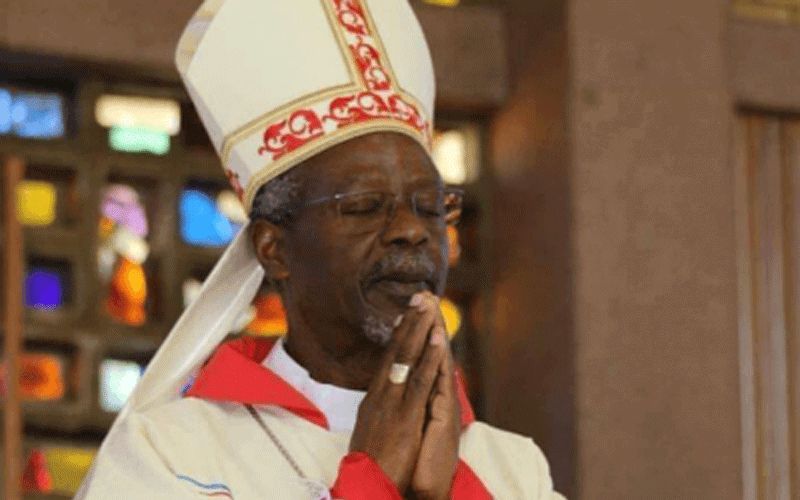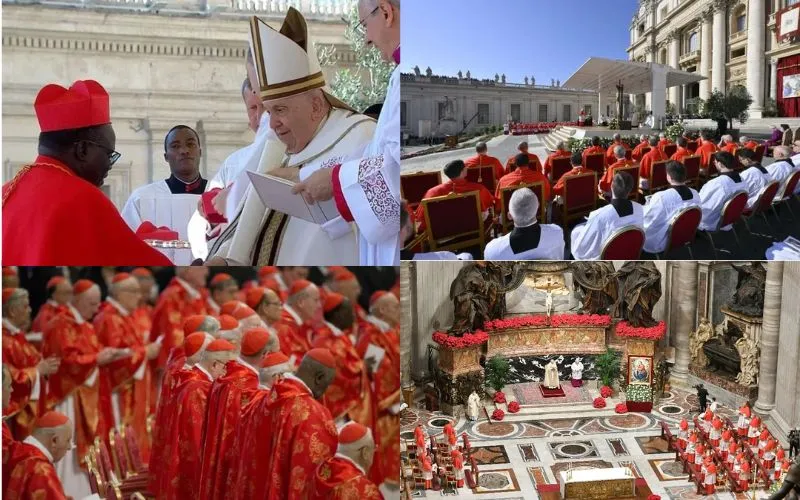Bishop Nubuasah’s lamentation is reinforced in the 2014 Pastoral Guidelines of the Second National Pastoral Congress by the Ghana Catholic Bishops’ Conference (GCBC) in which the Bishops say, “As a Church that opts for the poor, we strongly condemn extravagant celebrations, especially funerals, weddings, etc. In this vein, we recommend that funeral and burial ceremonies should always be performed within a short period after the demise of the person.”
“Who is fooling who?” Bishop Nubuasah queried, noting that people would go into debt to give a “fitting burial” to a man who was hungry for food or who needed some medication to be alive.
Touching on how people defy the pandemic protocols, Bishop Nubuasah expressed regret that not everyone was taking the COVID-19 crisis seriously.
“They flout the rules and regulations and refuse to keep any protocol,” the Bishop said of people who refused to heed to safety guidelines.
Bishop Nubuasah’s concerns in his June 15 reflection are not far-fetched as the crave by Ghanaians to organize lavish funeral ceremonies has always surfaced for public debate.
In most tribes in Ghana, funeral events are held each week and go down with lavish spending on ambulances, food, drinks, and the hiring of sound systems. It is usually a moment to show off expensive dressing by mourners who also seize the opportunity to engage in illicit sexual activities and heavy drinking.
In Ghana, every Saturday is a funeral day. In every mid-sized town, there are two or more funerals. Hundreds of people come together to pay their last respects to a deceased loved one or to sympathize with a bereaved friend. People dress up and travel to attend a funeral in another town or village. In turn, they expect the bereaved family to entertain them with music, dance, drinks, and sometimes food.
“The experience of people in Italy and the U.S. and now Brazil and Chile where thousands have died due to COVID-19 and are buried without family and no fanfare should inform us about the value of life,” the Bishop cautioned.
He added, “Mass graves being dug and coffins are separated by a small partition (for privacy) and being covered up. No one wants to see a loved one buried in that manner.”
The 70-year-old Bishop wondered why Tanzania is also losing many people to the virus but health officials are not permitted to say anything.








